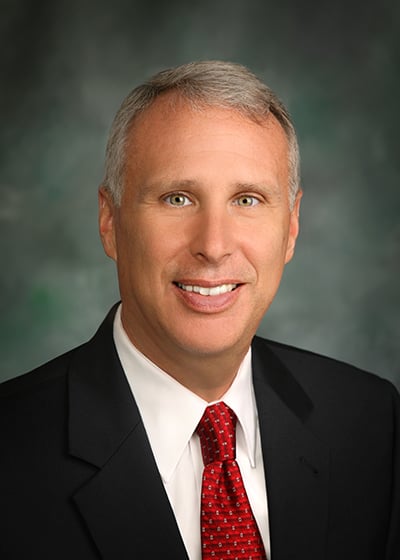While you likely have had several mentors during your military career - and can of course continue to rely on them for advice - consider adding a transition mentor to your network. Because this mentor's perspective differs from your own, he or she will offer new ideas and guidance, and can help expand your post-military network.
A mentor working in your target industry can provide feedback on fit, review your résumé, role-play interviews, and give insight as to the corporate culture. Finally, the mentor will serve as an accountability partner, providing a target for completion of key actions such as making new contacts and evolving your self-marketing campaign, and offer support to overcome temporary setbacks of the job hunt or uncertainty of a new work environment.
To help you succeed in your transition from the military, MOAA encourages you to consider connecting with a professional mentor through American Corporate Partners (ACP). Since 2008, more than 13,500 veterans have worked with an ACP mentor from one of their 70-plus partner companies.
ACP mentors can help with:
- networking,
- career and internship exploration,
- résumé advice,
- interview skills,
- navigating corporate culture,
- small business development, and
- finding meaningful employment.
During the course of their mentorship in 2017, 1,538 veteran protégés obtained meaningful employment with an average starting salary over $83,500.
Visit ACP's website to apply for your free mentorship, and be sure to reference MOAA under "referral source."

